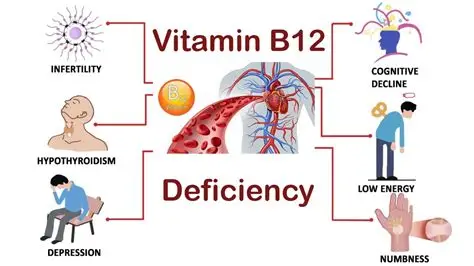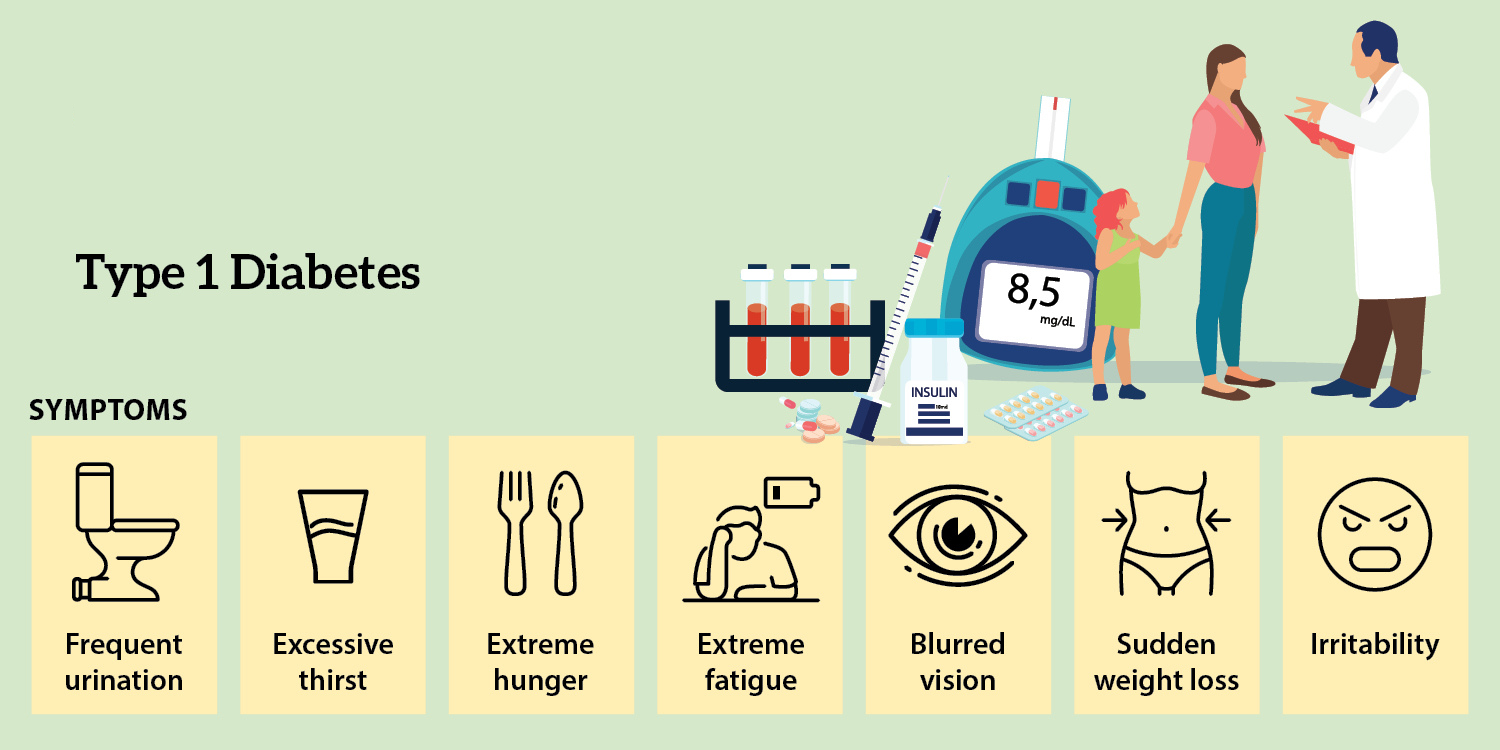Living with Low B12

At Legacy in the Community, we know that not all health conditions are visible, and yet they can have a significant impact on day-to-day life, especially in the workplace. One such condition is vitamin B12 or folate deficiency anaemia. While often overlooked or misunderstood, it can affect energy, mood, memory, and overall wellbeing.
In this blog, we’re shedding light on what it means to live with B12 deficiency and folate-deficiency anaemia, and why B12 injections can be life-changing for some people.
What Is B12 Deficiency and Folate-Deficiency Anaemia?
Vitamin B12 and folate are essential nutrients that help your body produce healthy red blood cells. When you’re low in either, your body can’t make enough of them, this leads to anaemia, where your blood struggles to carry oxygen efficiently.
People with B12 deficiency or folate-deficiency anaemia may experience symptoms such as:
- Extreme fatigue or weakness
- Pins and needles (particularly in hands and feet)
- Brain fog or memory issues
- Mood changes or irritability
- Pale skin or a sore tongue
- Shortness of breath or dizziness
These symptoms can often creep in gradually and be mistaken for stress, burnout, or simply “feeling run down”.
Why Do Some People Need B12 Injections?
For some people, especially those who can’t absorb B12 properly through food or supplements (such as individuals with pernicious anaemia), regular B12 injections are necessary. These injections help boost B12 levels quickly and bypass the digestive system, offering much-needed relief from symptoms.
For others, B12 injections may be used on a temporary basis while correcting a deficiency caused by diet, illness, or medications.
Life with B12 or Folate Deficiency
Living with low B12 or folate levels can be physically and emotionally draining. Many people find themselves struggling to keep up with everyday tasks, and it can affect confidence and concentration at work.
What’s especially frustrating is how invisible it can be. To others, you might look completely well, even when you’re running on empty. That’s why awareness and understanding are key.
Supporting People in the Workplace
Supporting people in the workplace often comes down to small but meaningful adjustments that can make a big difference. This might include offering flexibility for rest or recovery after injections, recognising that fatigue may be medical rather than just tiredness, allowing time off for treatment or appointments, and creating a supportive environment where individuals feel safe to be honest about their needs without fear of judgement.
Final Thoughts
No two people experience B12 or folate-deficiency anaemia in the same way, but with the right support, people can regain energy, focus, and confidence in all areas of life.
By listening and learning, we can help create workplaces where hidden health conditions are understood and supported, not dismissed.
If you’re living with a long-term health condition or supporting someone who is, Legacy in the Community is here to help.


